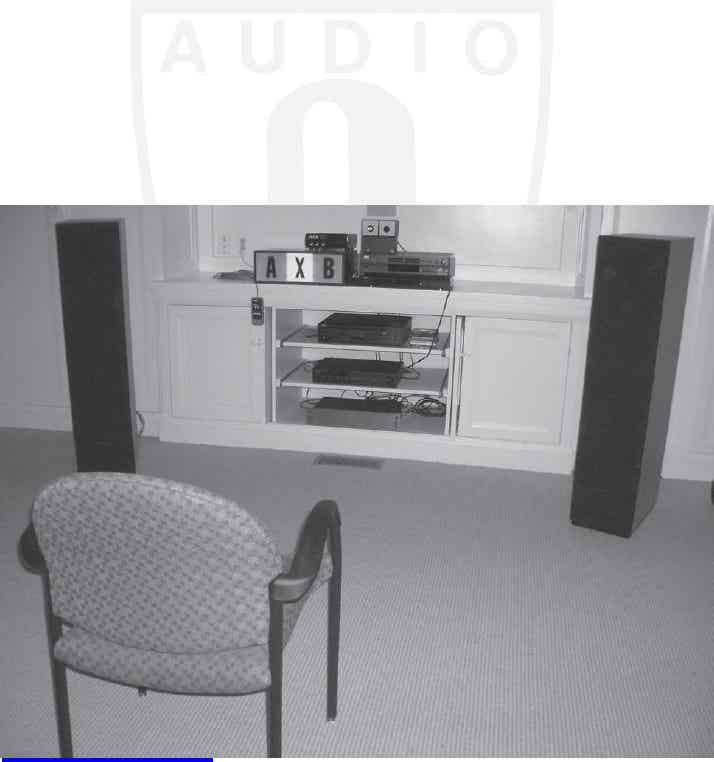I forgot to include one very important point. I assume that people think that folks like me object to hi-res at all. I think it’s important to know, that this is not the case at all:
I am NOT against high sampling rates in principle. I don’t believe that anyone is…but if so, I’m willing to call that person an idiot ;-).
Makes no sense to try and stop improvements. Even when my own hearing was not able to ‘resolve’ such an improvement. The file itself will be capturing a more accurate version of reality. Cannot argue with that, and have no reason to do so.
But I DO have my strong doubts, about using high sampling rates in the current state of technology. And that includes the highest-end ones.
That means : when using amplifiers and loudspeakers that behave in a non-linear fashion, and in which those nonlinearities grow stronger when you go up in frequency.
In practice, that is each and every component that you can currently buy.
(For a non-technical reader, the above paragraph meant to say : current amplifier and loudspeakers cannot handle the additional high frequency properly. Perhaps they can’t play them, perhaps they can. But in all cases, they will generate additional rubbish by themselves. Which is easily avoided, by simply not recording so high up in the first place…)
As it stands now, high sampling rates are not only a solution to a problem that hasn’t been proven to exist.
It goes beyond that: it in fact makes matters worse.
This is very different from high bitDEPTHS (24bit, etc). Those have no negatives. I don’t need them for audio playback, but I welcome them without reservation.
If it was within my power to stop the hi-res hype, I would. But I know, unfortunately, that I have to accept that I can’t  .
.
Fortunately, there is an easy solution. Just roll off the highs above 20Khz-ish, so you are sure that no avoidable intermodulation is generated in your analogue audio chain.


